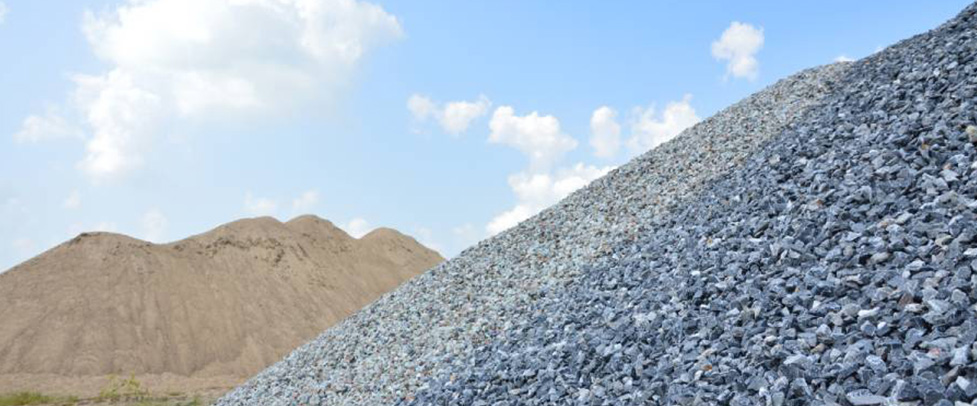Coarse Aggregates

What are Coarse Aggregates?
Coarse aggregate is used to make concrete and it occupies the bulk of its volume. The properties of coarse aggregates like its density, strength, porosity, size, texture and shape influences the physical properties of concrete and its durability.





